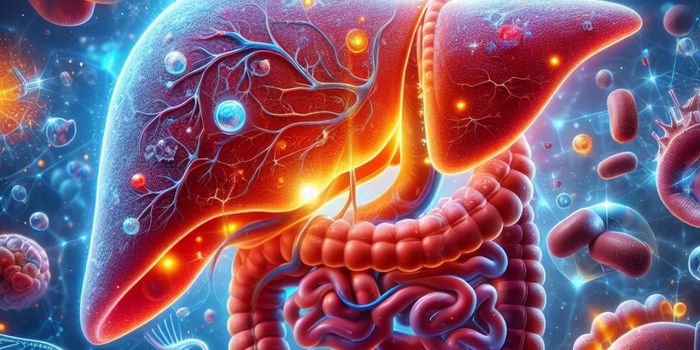In drug development studies, sleep is an important and overlooked vital sign
Today is World Sleep Day, a celebration of sleep that aims to bring awareness to the importance of sleep as a foundational pillar of health. Sleep is often defined as a non-negotiable biological state that is required for the maintenance of life. Dr. Michael Grandner, a sleep researcher from the University of Arizona, described sleep in this way, saying, “Sleep is a foundational aspect of our biology – our need for sleep parallels those for air, food, and water.”
Although it is a biological necessity, the effects of pharmaceutical drugs on sleep are often overlooked in drug discovery and development studies. In a recently published article in the journal Drug Discovery Today, some researchers argue for sleep to be an included variable in drug discovery studies. The article aims to answer the question “why is sleep still largely ignored in drug development studies?”
The article points out that during recruitment for clinical trials, few studies screen for sleep disorders. While sleep is important for all aspects of health, it is critically important for the central nervous system and cardiovascular disease and should be considered when testing drugs that affect these systems. Indeed, sleep and the nervous and cardiovascular systems are closely linked, with poor sleep leading to a heightened risk of disease in these systems. Yet, sleep disturbances are rarely considered during the inclusion/exclusion process of clinical trials. The authors found that of the 50,793 phase 3 drug studies listed in Trialtrove, less than 300 of these studies listed disturbed sleep as an exclusion criterion for study participants.
On top of assessing pre-existing sleep conditions in clinical trial participants, many studies also fail to analyze whether the drug being tested affects sleep in study participants. The article points out that studies assessing drugs for depression, schizophrenia, and pain, all of which affect and affected by sleep, do not commonly measure sleep as a primary or secondary endpoint. The authors state that there is an apparent lack of awareness in the drug discovery industry that sleep disturbance can impact the response to a therapeutic intervention. Because of this, the authors reiterate that sleep should be measured in drug trials.
Lastly, the authors argue that sleep can now be easily measured by the use of digital health technologies such as actigraphy sensors (e.g. FitBit and Smart Watches). Because of this, sleep does not necessarily need to be measured in a classic sleep laboratory with an EEG, which significantly lowers the cost of including sleep in clinical trials. Sleep is an important physiological function that influences mental and physical health, yet is rarely considered in drug discovery and development studies. And as stated in the article, “Overlooking sleep ignores a key covariable that potentially impacts the success of a drug development program.”
Sources: Worldsleepday.org; Science; Drug Discovery Today; Labroots








